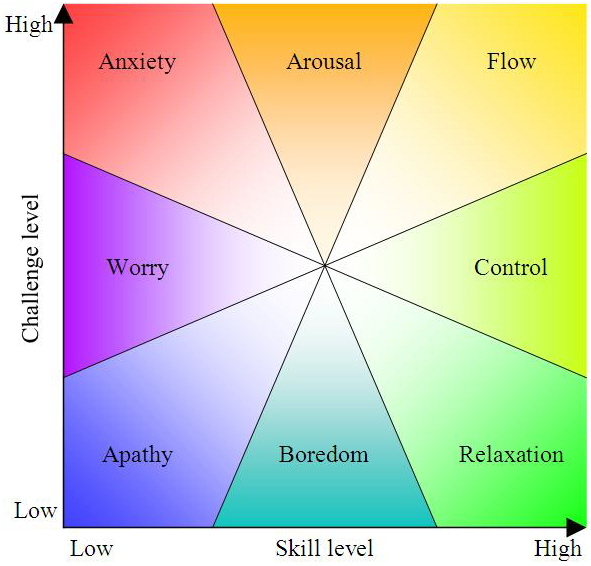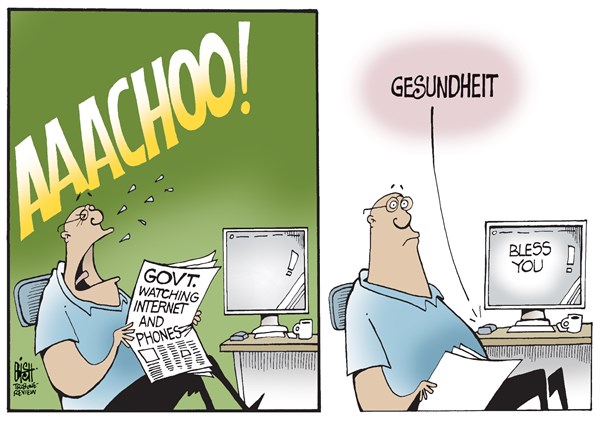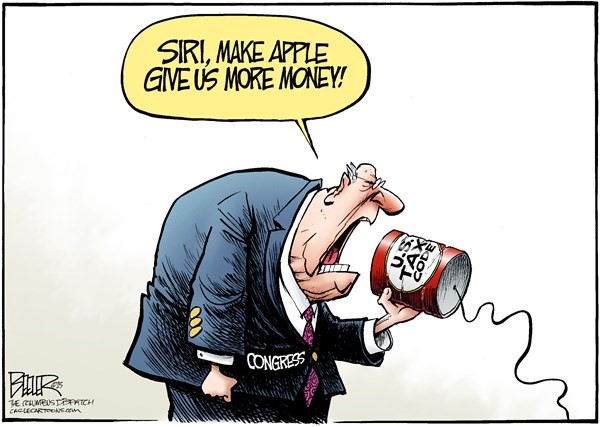The chart below shows how an industry leader got replaced by an upstart.
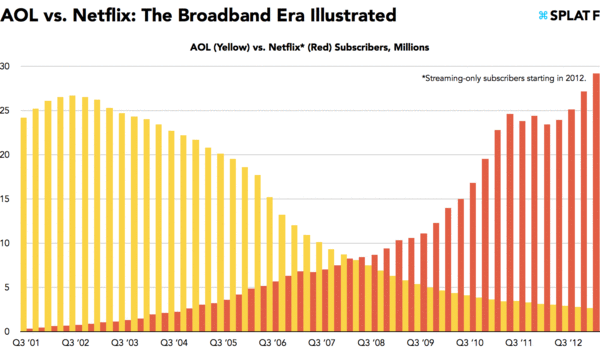
No surprise here; you have seen it happen before.
Given enough time, the victor of many battles is still likely to lose the war. Positions of strength (which were won through hard work and much strategy) are often wiped away in what seems like an instant.
Successful companies are not immune to competition
or entropy. As proof, the capitalist landscape is littered with the corpses of established
products toppled by newer, cheaper products that (over time) got
better and
became a serious threat.
What Causes An Established Leader to Falter?
A closer inspection might suggest a deeper truth. Perhaps this marketplace shift
happens when the established player places too great an emphasis on
satisfying their customers'
current needs (for example, myopically focusing on what got them here, rather than
'skating to where the puck will be …").
In other words, companies
are lulled into a false sense of security (by their progress, talent, infrastructure, etc.) and fail to adapt or adopt new technology that will
meet customers' unstated or future needs. Consequently, such
companies eventually fall behind.
The Chart Above Shows Only One of the 'Ripples'.
The chart in this post shows AOL (which was the first mass entry point to the Internet and e-mail) and how 'Broadband' was captured by someone else (Netflix). But it didn't just happen here. What about Blockbuster? Don't you think their executives saw Netflix coming? Still, somehow, a smart group of people chose to stick with their
'bricks and mortar' business model … and lost billions in shareholder value.
This creative destruction is a tectonic force in our marketplace. There have been books written on it (like Clayton Christiansen's the "Innovator's Dilemma"), and yet it's often surprising what happens.
Huge Shifts Are Happening All Around You.
When the Internet first gained popularity, who suspected a whole generation of Americans would 'cut-the-cord' and still be able to watch TV and movies on portable devices? Neither of my sons owns a TV. Many in that generation don't subscribe to cable at their house. Why? Because they take for granted that they are able to stream the content they want to the device of their choice.
That means someone is winning and someone is losing.
The 'Old Way' Is Constantly Fading Away.
Sometimes I buy fitness supplements from a small nutrition shop next to the gym I attend. It would be cheaper and easier to buy it online; but, I want to support a local merchant (and have someone to talk to if I have questions). But how long will that last? I certainly don't buy computers at a computer store (or books at a book store).
Likewise, when I first started trading, I talked to my broker often. It was comforting to know that I wasn't alone in the dark. But when was the last time you called a broker truly expecting a tradable insight or a real edge?
Electronic trading is driving prices down, and I don't see how traditional financial service institutions can avoid the creative destruction of their old business models. I'm not just talking about how they interface with customers, even how they trade and manage risk has to change.
That doesn't mean that a new business model won't arise. Of course it will. The point is just because something's been done a certain way for decades, doesn't imply it's right. In fact, it is a neon sign pointing to a strategic danger or opportunity (depending on your perspective).
It is often by standing on the shoulders of the past that we are able to gaze into the future.
A change is coming.

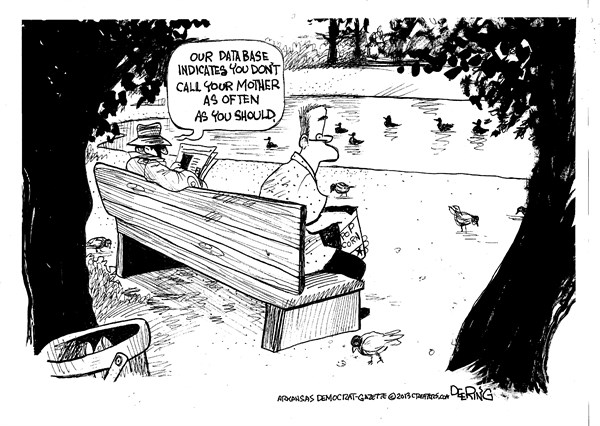

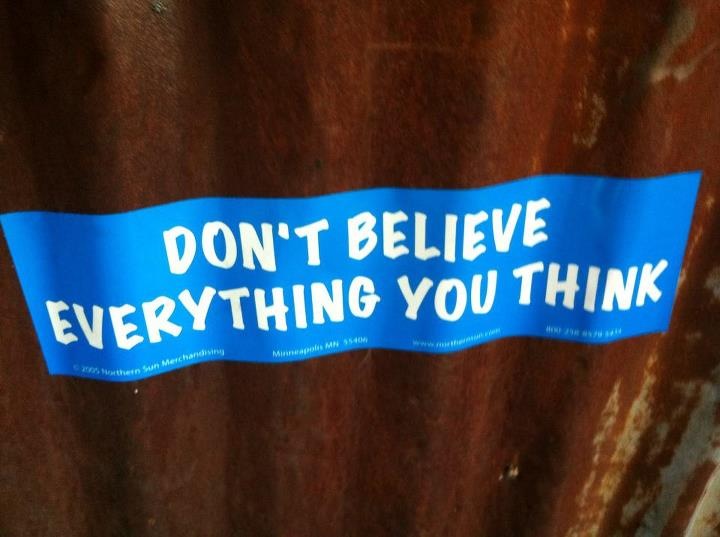
 I love getting away
I love getting away 